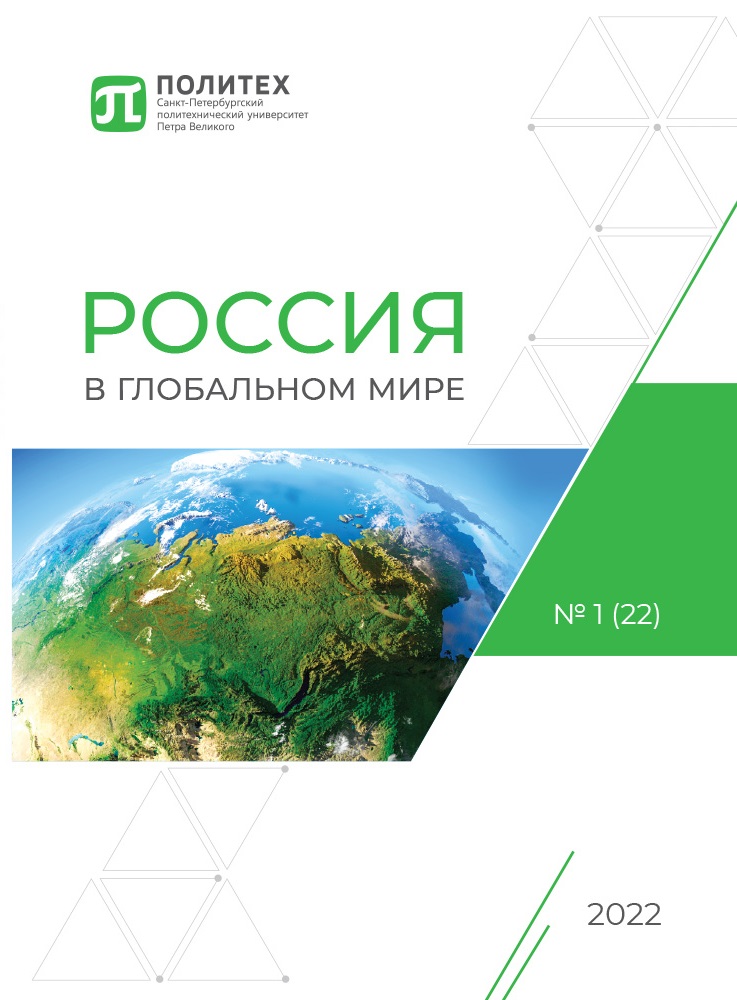Cultural Cold War: The United States' Pro-American Education in Ryukyu after World War II
The article examines the cultural mechanisms of the American occupation regime used from 1945 to 1972 on the Ryukyu Islands (Okinawa). Based on the analysis of materials from the American military administration, documents from the University of Ryukyu, the memoirs of Ryukyusans and US representatives in Okinawa, it is shown that one of the features of the "conditionally military and democratic" form of government under the control of American officers as heads of military and civil administration was the imposition of pro-American and anti-communist values on the population of Ryukyu. This trend was especially pronounced after 1951, when the United States and Japan signed the San Francisco Treaty, making the Ryukyu Islands an "unsinkable American aircraft carrier" in the Western Pacific region. Methodologically, the authors rely on the concept of the "cultural cold war" as the activity of the US government in the postwar period, which deliberately used cultural means to achieve military and political goals. The authors argue that the main task of the American occupation administration was not only to counteract the influence of socialist countries (China and the USSR), but also to separate Okinawa from the rest of Japan by emphasizing its administrative, economic and cultural "independence" from Tokyo. The cultural strategy in the occupied areas was aimed not only at revitalizing the culture of indigenous peoples, but also at promoting the American lifestyle and values. The authors conclude that the agents of American influence were the University of Ryukyu, the academic exchange programs between Ryukyu and the United States, the activities of the Golden Gate Club, which united Ryukyu graduates of American universities, numerous centers for the study of English, etc. Along with the implementation of a special scholarship policy, the United States from 1950 to 1970 implemented The National Leader program, in which local employees of the American Civil Administration and the Ryukyu Government interned in the United States. For Okinawans, the cultural Cold War has become a factor of alienation from the main territory of Japan. Although this attempt did not lead to the Ryukyu becoming the "Okinawa Prefecture" under the jurisdiction of the United States, persistent efforts to form a pro-American mentality during the American occupation deserve careful study.


